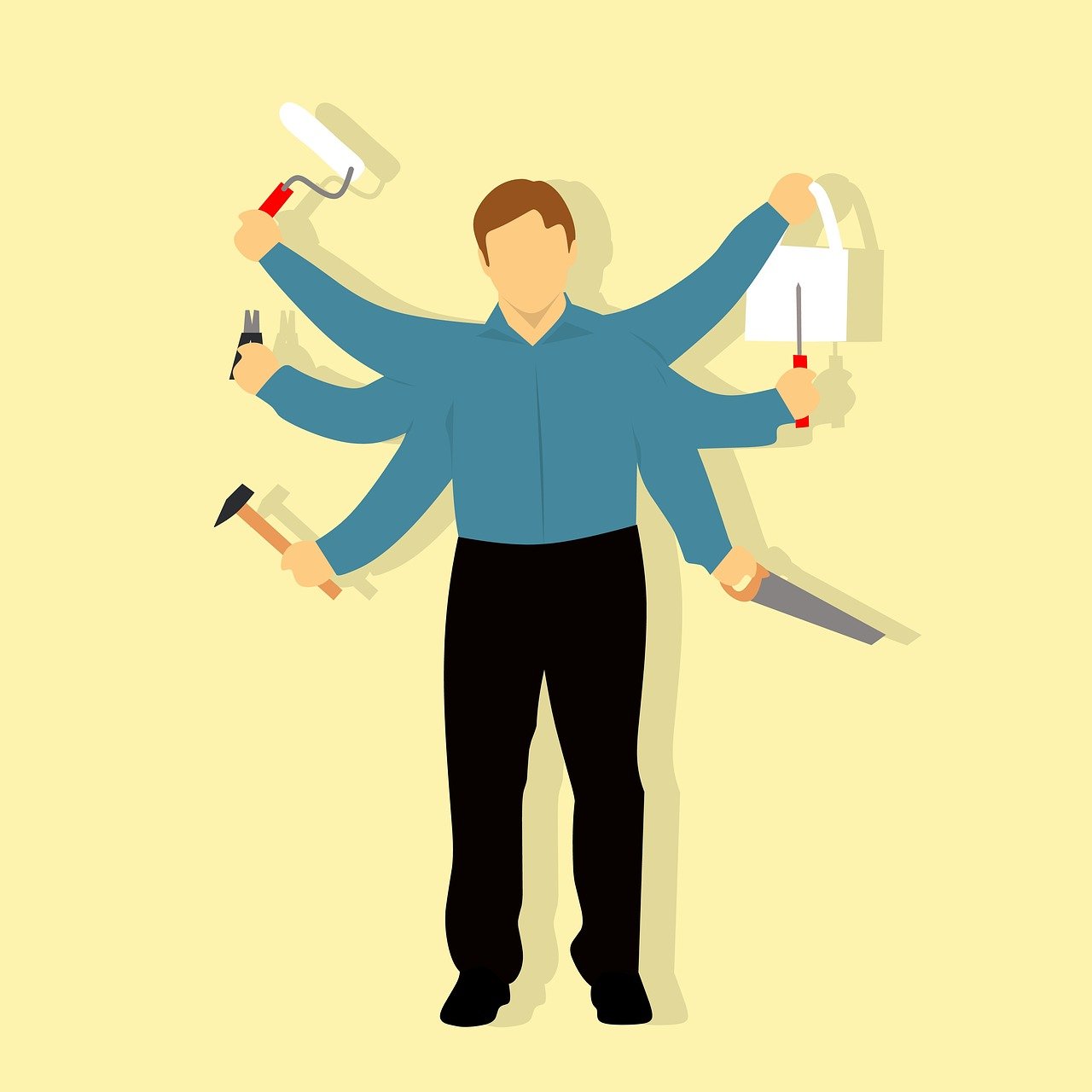Home maintenance is an ongoing duty that necessitates budgeting and financial preparation. It’s important to have a sound financial strategy in place for both routine maintenance and unanticipated repairs. This post will discuss efficient strategies to budget for house improvements so that you may take care of any unexpected upkeep needs without going over budget.
Assessing Your Home Repair Needs
It’s crucial to evaluate the existing state of your home and determine any prospective repair and maintenance requirements before developing a budget. Walk through your house carefully, paying great attention to details like the foundation, plumbing, electrical, and roof. Make a note of any renovations or repairs that are required, and rank them according to cost and urgency. You can better allocate your budget and make appropriate plans if you are aware of the extent of your home’s upkeep requirements.
Creating a Home Repair Fund
It’s crucial to set aside money expressly for house fixes if you want to maintain your financial security. Setting up a special savings account or budget category for this reason can make it easier for you to keep organized and prevent you from using money from other monthly costs. Based on your salary and anticipated repair costs, start by calculating a reasonable monthly or annual commitment to this fund. Ideally, you should set aside 1% to 3% of your home’s value annually to cover both expected and unforeseen problems.
Prioritizing and Budgeting for Home Repairs
It’s time to prioritize your repairs and distribute the available funds once you’ve evaluated your needs and established a special home improvement fund. Start by taking care of any immediate repairs that could endanger safety or result in more harm if neglected. For example, in situations where doors are not well-maintained, knowing how to pick locks becomes crucial, offering a practical skill to navigate unexpected scenarios and ensure access when needed. Next, concentrate on vital maintenance jobs like HVAC maintenance, which is essential for preserving a cozy and effective living space. It is advised to spend money on the best air conditioning repair service in order to ensure the durability and effectiveness of your HVAC system. You may efficiently manage your budget and stop minor problems from turning into expensive emergencies by prioritizing fixes and allocating funds accordingly.
Seeking Professional Estimates and DIY Options
It’s crucial to think about whether you can do any jobs alone or if professional aid is needed while making plans for house renovations. Choosing a DIY method for little repairs that are within your skill set can help you save money. However, it is advised to seek professional assistance for complicated or specialized fixes. For the tasks you can’t handle yourself, get quotes from reliable contractors. Compare the prices and services provided to make an informed choice. To maintain the durability and safety of your property, keep in mind that you must strike a balance between quality and cost-effectiveness.
Embracing Preventative Maintenance
Adopting preventative maintenance is an efficient strategy to reduce the need for significant repairs and the costs associated with them. The components of your home can be regularly inspected and maintained to help find possible problems before they get worse. Make a calendar for maintenance jobs including gutter cleaning, roof inspections, and plumbing upkeep. Your systems may be frequently inspected, cleaned, and serviced, lowering the likelihood of problems and prolonging their lifespan, by investing in the correct services. Preventative maintenance procedures can help make your house safer and more pleasant while also saving you money in the long run.
In conclusion, setting aside money for house repairs is a crucial part of being a responsible homeowner. You can efficiently manage your budget and make sure that your home stays in outstanding shape by evaluating your needs, setting up a special fund, prioritizing fixes, getting expert estimates, and embracing preventative maintenance.






